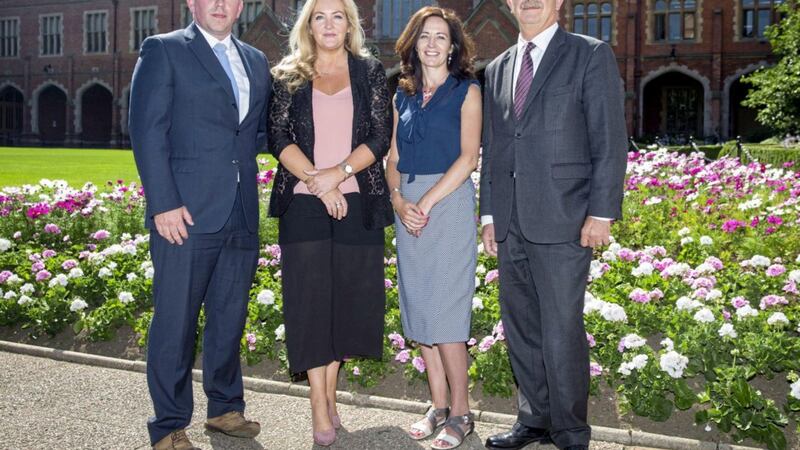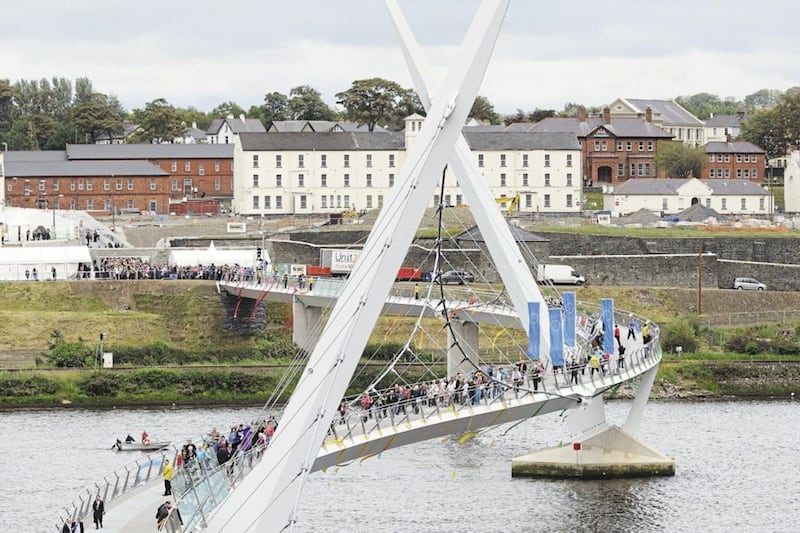MORE than £8 million of European money is being pumped into a new ‘virtual centre of competence’ at Queen’s University to support cross-border research into bio-energy and marine-based renewable energy sources, creating 40 jobs in the process.
And the facility is being named after the late Professor Ian Bryden, a leading expert in marine renewable energy and who had a 30-year research career in fields associated with energy and hydrodynamics.
The Special EU Programmes Body (SEUPB) has offered funding of €9.3 million (around £8.2m) towards the project.
Working with a number of cross-border partners including the University of Highlands& Islands, Letterkenny Institute of Technology, Ulster University, the Agri-Food & Biosciences Institute, Donegal County Council and Dumfries and Galloway Council, the project will create the largest amount of cross-border research in this specific area to date.
The research includes the use of tidal power at Strangford Lough and the North Antrim Coast, ocean energy sites in Western Scotland, as well as the potential for wave and tidal power generation in Donegal.
Known as the Bryden Centre for Advanced Marine and Bio-Energy Research, the project will recruit 34 PhD students and six post-doctoral research associates to produce industry relevant research that has the potential for strong commercial benefit.
The project will also focus on bio-energy specifically heat, bio-gas and electricity which can be produced through the anaerobic digestion of agri-food waste. The research findings produced will benefit many SMEs struggling to enhance their innovation capacity within the renewable energy sector.
Match-funding for the project has been provided by the Department of Jobs, Enterprise and Innovation in Dublin and the Department for the Economy in Belfast.
The Republic's jobs minister Mary Mitchell O’Connor said: "This project involves practical cross border cooperation which will benefit colleges and companies from both jurisdictions. Advanced research on renewable energy is a worthwhile project and this work will contribute many benefits, including a long term legacy for the future."
Gina McIntyre, chief executive of SEUPB, added: “The region has a low level of industry-relevant research and innovation within the renewable energy sector.
"The Bryden Centre project will help address this issue by creating a new centre of competence made up of dedicated PhD students creating high quality research with strong commercial potential.
“This is one of the core objectives of the EU’s Interreg VA Programme as it has allocated a total of €71.7 million worth of funding to enhance and develop the research and innovation capacity of businesses on both sides of the border.”








